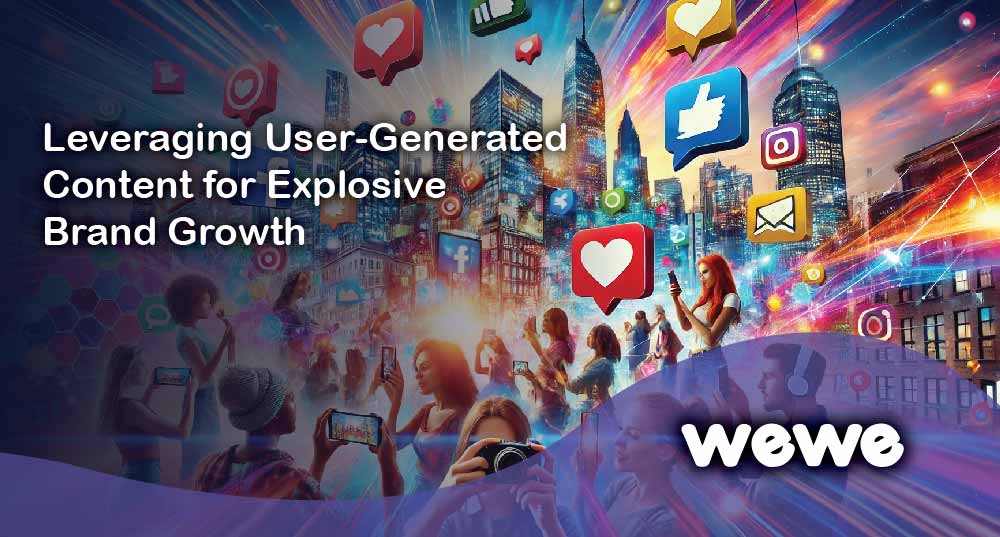
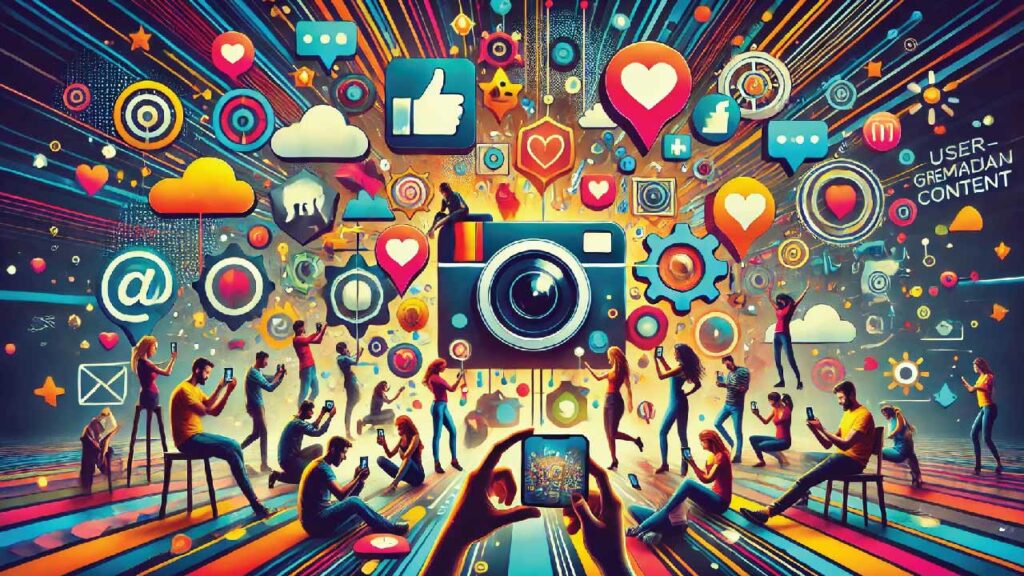
Understanding User-Generated Content
Types of User-Generated Content
1. Social Media Posts:
2. Reviews and Testimonials:
Customer reviews and testimonials on platforms like Yelp, Google Reviews, and Amazon are crucial forms of UGC. They offer potential customers honest insights into products or services, significantly influencing purchasing decisions.
3. Blog Posts and Articles:
Blogs and articles written by users about their experiences with a brand can provide in-depth insights and enhance credibility. Guest posts on the brand’s official blog can also add value.
4. Videos:
User-created videos, including unboxings, tutorials, and reviews on platforms like YouTube and TikTok, are highly engaging and impactful forms of UGC.
5. Hashtags and Campaigns:
Branded hashtags and social media campaigns encourage users to share content related to a brand, creating a community-driven narrative.
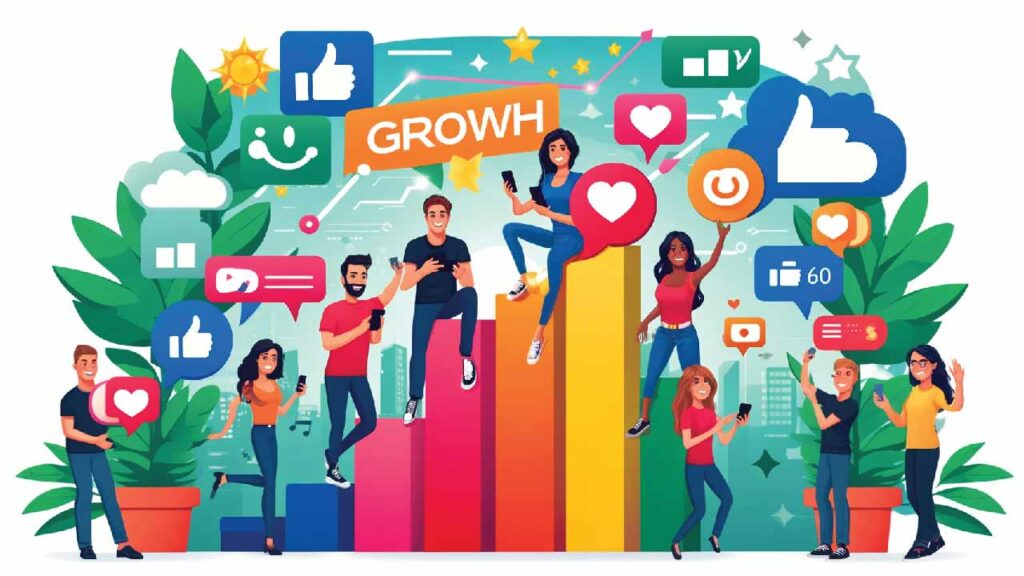
Benefits of User-Generated Content for Brand Growth
Authenticity and Trust
Enhanced Engagement
Cost-Effective Marketing
Improved SEO and Online Visibility
UGC can significantly boost a brand’s SEO efforts. Content created by users often includes relevant keywords and phrases, enhancing the brand’s search engine rankings. Additionally, user-generated reviews and testimonials can increase the brand’s visibility on review platforms and social media, driving more organic traffic to the brand’s website.
Social Proof and Influence
User-generated content serves as powerful social proof. When potential customers see others enjoying and endorsing a product or service, they are more likely to trust the brand and make a purchase. Influencers and loyal customers sharing their positive experiences can greatly amplify a brand’s reach and credibility.
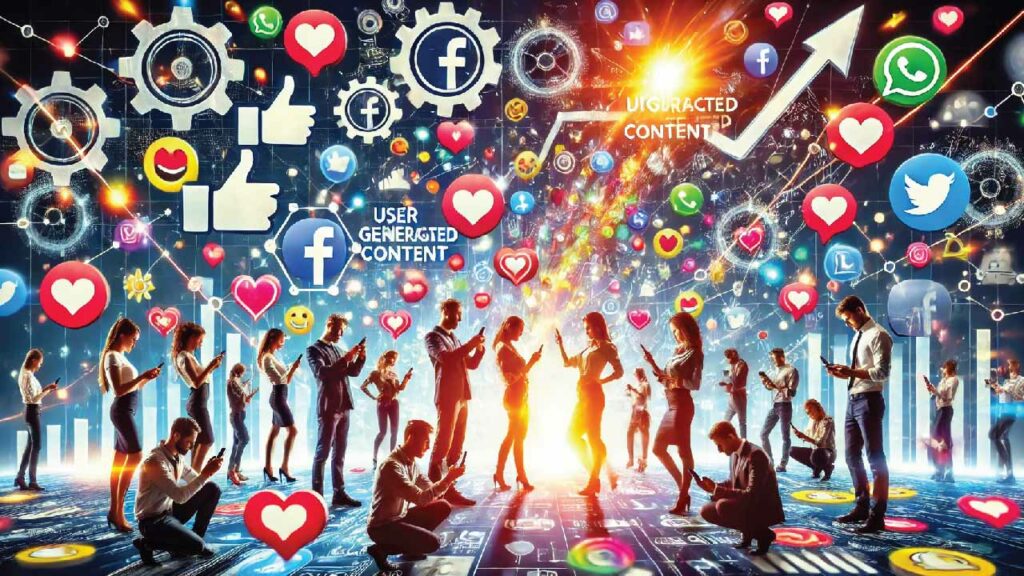
Strategies for Leveraging User-Generated Content
Encouraging Content Creation
Showcasing User Content
Engaging with Users
Integrating UGC into Marketing Campaigns
Incorporating user-generated content into marketing campaigns can significantly enhance their impact. For instance, a fashion brand might create an advertising campaign featuring photos and videos of real customers wearing their products. This approach adds a layer of authenticity and relatability to the campaign.
Leveraging Influencers
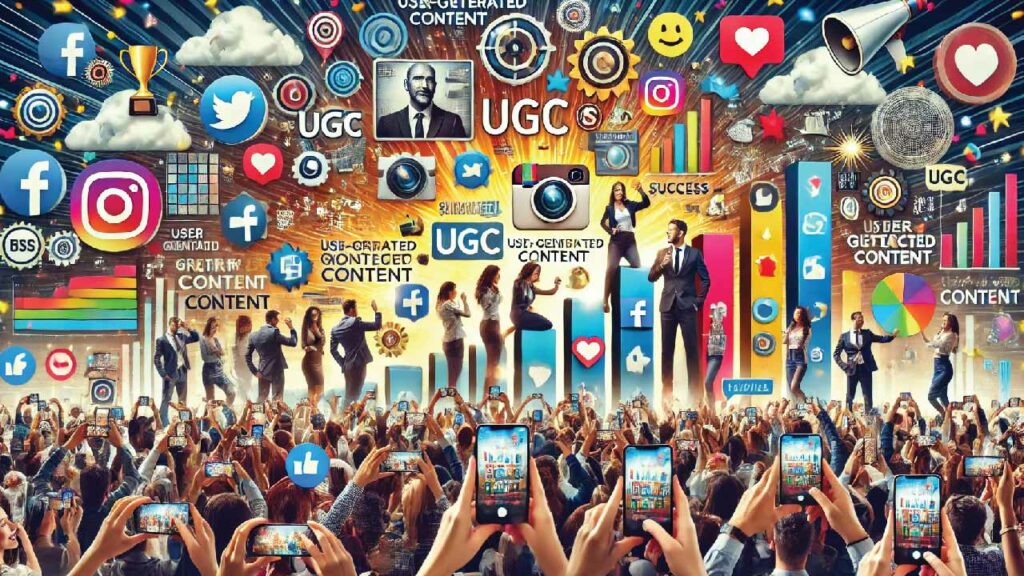
Case Studies: Successful UGC Campaigns
Coca-Cola’s “Share a Coke” Campaign
Starbucks’ White Cup Contest
GoPro’s Video Contest

Overcoming Challenges with User-Generated Content
Quality Control
One of the challenges of UGC is maintaining quality control. Brands need to ensure that the content they showcase aligns with their brand image and standards. Implementing guidelines for UGC submissions can help maintain consistency and quality.<>
Managing Negative Content
Legal and Ethical Considerations
Future Trends in User-Generated Content
Interactive and Immersive UGC
With advancements in technology, interactive and immersive user-generated content, such as augmented reality (AR) and virtual reality (VR) experiences, are becoming increasingly popular. Brands can leverage these technologies to create more engaging and interactive UGC campaigns.
Integration with AI and Automation
Artificial intelligence and automation are revolutionising the way brands manage and leverage UGC. AI can help identify and curate high-quality user content, making the process more efficient. Automated tools can also streamline the process of engaging with users and showcasing their content.
Increased Focus on Diversity and Inclusion

